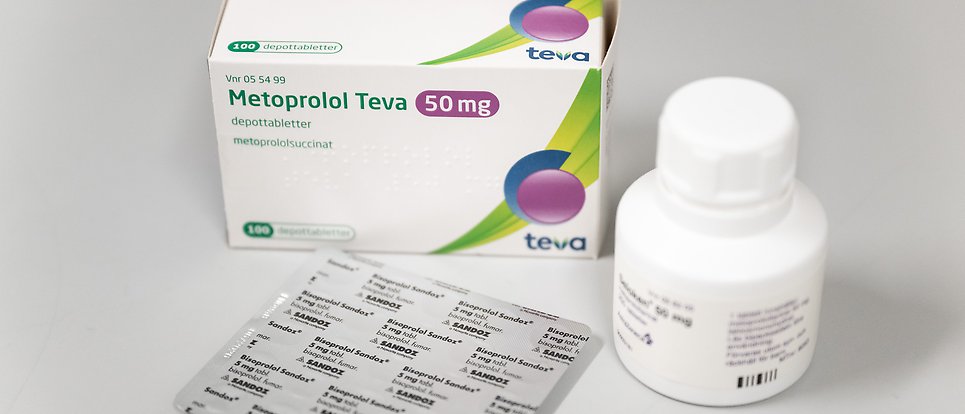Clinical Pharmacogenetics

Why study adverse drug reactions?
Project description
Adverse drug reactions are one of the most common reasons for hospitalisation and account for about 10 percent of Sweden’s total healthcare budget. The current knowledge about possible genetic causes of adverse drug reactions is minimal. Our project aims to increase this knowledge.
Research projects
Genetic riskfactors for adverse effects of medications and vaccines
Our research aims to identify risk markers for severe adverse reactions to medications and vaccines. Currently, tests can predict the risk adverse reactions to a limited number of medications. In the future, we hope to predict adverse reactions to a broader range of medications with a simple blood test. This approach would allow tailored treatments to individual patients, thereby reducing adverse effects.
SWEDEGENE (www.swedegene.se) is a national biobank for individuals who have experienced adverse reactions to medications and vaccines. The project started in 2010 and is a collaboration between Uppsala University, Karolinska Institutet, and the Swedish Medical Products Agency. Since 2021, we are also investigating whether genetic and immunological factors contribute to adverse reactions to Covid-19 vaccines.
Metod
Currently, our national biobank SWEDEGENE (www.swedegene.se) has DNA and clinical data from approximately 5,000 patients who have experienced various types of adverse reactions to medications and vaccines. Patients are interviewed and provide blood samples (since 2022 also plasma), and we request medical records of the incidents. We use large-scale genetic analyses, such as genome-wide association studies (GWAS), to identify gene variants associated with adverse reactions. We use in silico methods to understand the function of the identified gene variants. We collaborate with researchers who study immune responses and antibodies in affected patients, as well as how their blood cells react when exposed to the medication in question.
Staff members in the project
- Pär Hallberg
- Mia Wadelius
Clinical consequences of pharmacogenetic variants
In this project we study the clinical consequences of genetic variants analysed in routine healthcare. Pharmacogenetic testing of cytochrome P450 enzymes (CYP) is used to optimize treatment, particularly with psychotropic drugs. Approximately 150 such analyses are performed annually at Clinical Chemistry and Pharmacology, Uppsala University Hospital. We are now conducting a retrospective review of analyses performed from 2009 onwards. The aim is to study whether there is a correlation between the indication for the analysis and the obtained result.
Staff members in the project
- Pär Hallberg
- Mia Wadelius
- Gabriella Scordo
- Ilma Bertulyte
Contact
- Contact group leader
- Mia Wadelius
